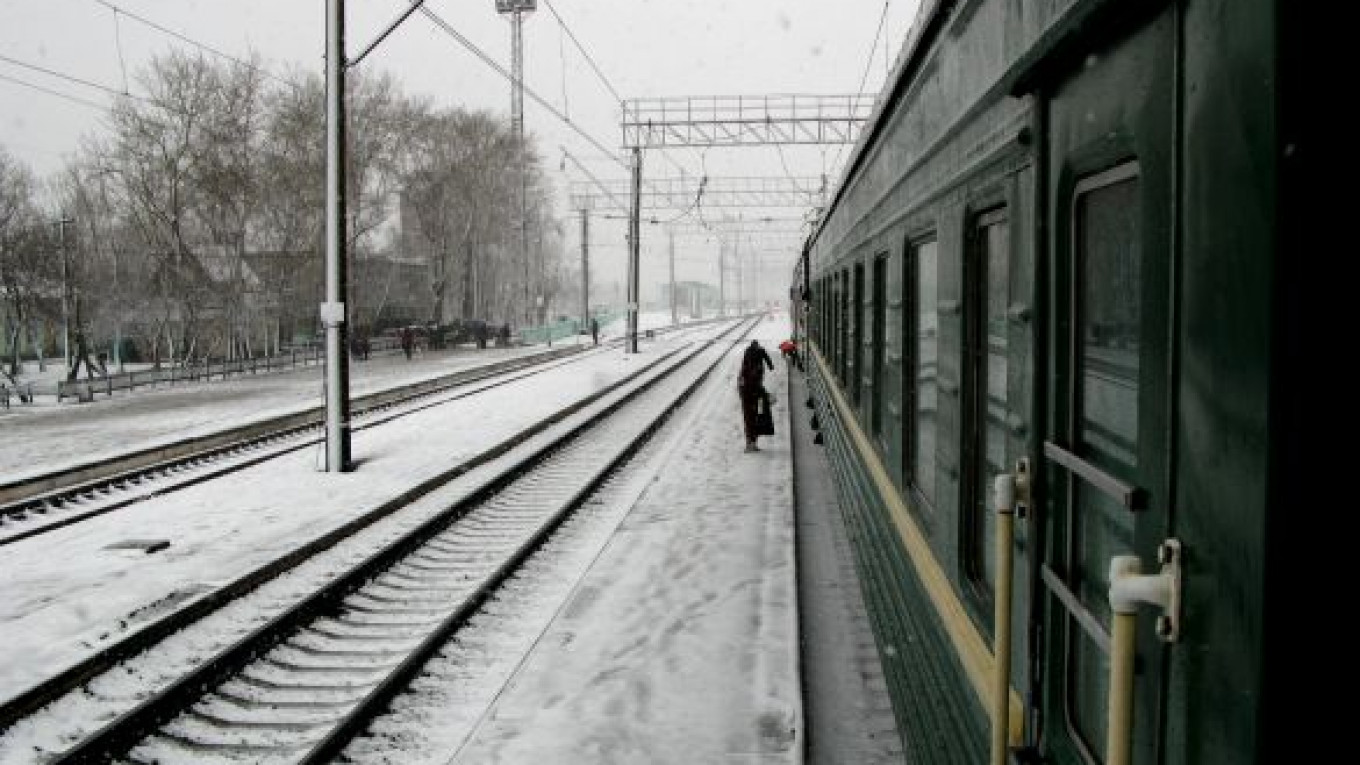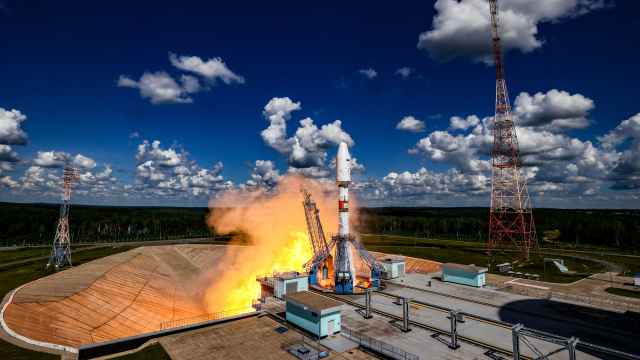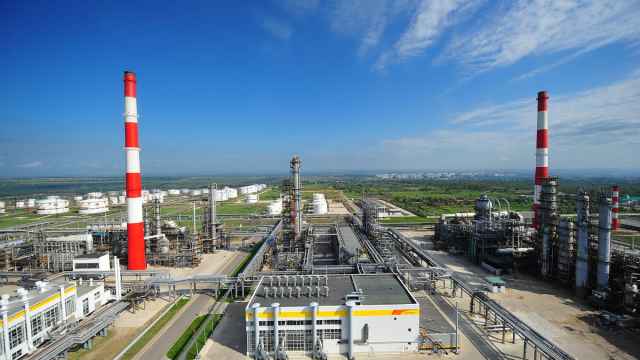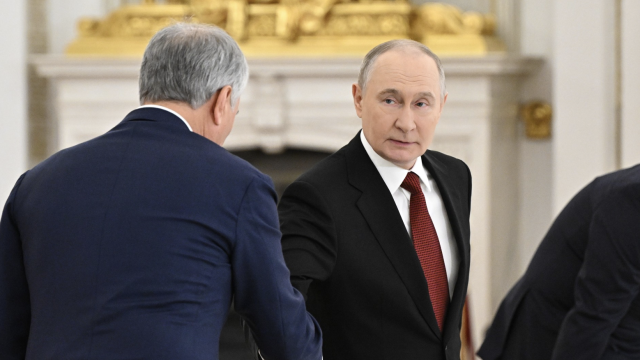Auditors see billions of dollars worth of possible savings in the financial plan of two Russian Railways development projects — the Trans-Siberian and the Baikal-Amur railroads, Kommersant reported Friday.
Analysts from EY, PwC and Deloitte who reviewed the documentation also expressed doubt over the projected levels of growth in cargo transportation by 2020 on the two lines, which they say the state rail monopoly has overestimated by 55 million tons.
Russian Railways senior vice-president Vadim Mikhailov said Thursday that the company planned to issue 50 billion rubles ($1.4 billion) of preferred stock in March, which would be intended for the reconstruction of the Trans-Siberian and Baikal-Amur Railways, in addition to money coming from the National Welfare Fund.
However, Deloitte found that Russian Railways had failed to account for the cost of maintaining infrastructure and extra trains on the eastern lines, to the tune of 82.7 billion rubles ($2.4 billion), while an extra 36.9 billion ($1 billion) could be saved by abandoning construction on the Daban tunnel. Postponing a system of automatic locking could also save 6.5 billion rubles ($189 million), EY said, and PwC found a further 3.8 billion rubles ($110 million) in savings elsewhere.
Concerns have also been raised over the longer-term reliability of several coal and ore projects in the East, which Russian Railways is relying on for revenue. While the Tuva Energy Industrial Corporation plans to transport 15 million tons of coal a year by 2017, a project by Norilsk Nickel has been suspended due to lack of funding. Deloitte is concerned that other projects may also be frozen.
Russian Railways said they were confident in their estimates for projected growth in cargo transportation, which they see hitting 163.2 million tons by 2020.
A Message from The Moscow Times:
Dear readers,
We are facing unprecedented challenges. Russia's Prosecutor General's Office has designated The Moscow Times as an "undesirable" organization, criminalizing our work and putting our staff at risk of prosecution. This follows our earlier unjust labeling as a "foreign agent."
These actions are direct attempts to silence independent journalism in Russia. The authorities claim our work "discredits the decisions of the Russian leadership." We see things differently: we strive to provide accurate, unbiased reporting on Russia.
We, the journalists of The Moscow Times, refuse to be silenced. But to continue our work, we need your help.
Your support, no matter how small, makes a world of difference. If you can, please support us monthly starting from just $2. It's quick to set up, and every contribution makes a significant impact.
By supporting The Moscow Times, you're defending open, independent journalism in the face of repression. Thank you for standing with us.
Remind me later.






